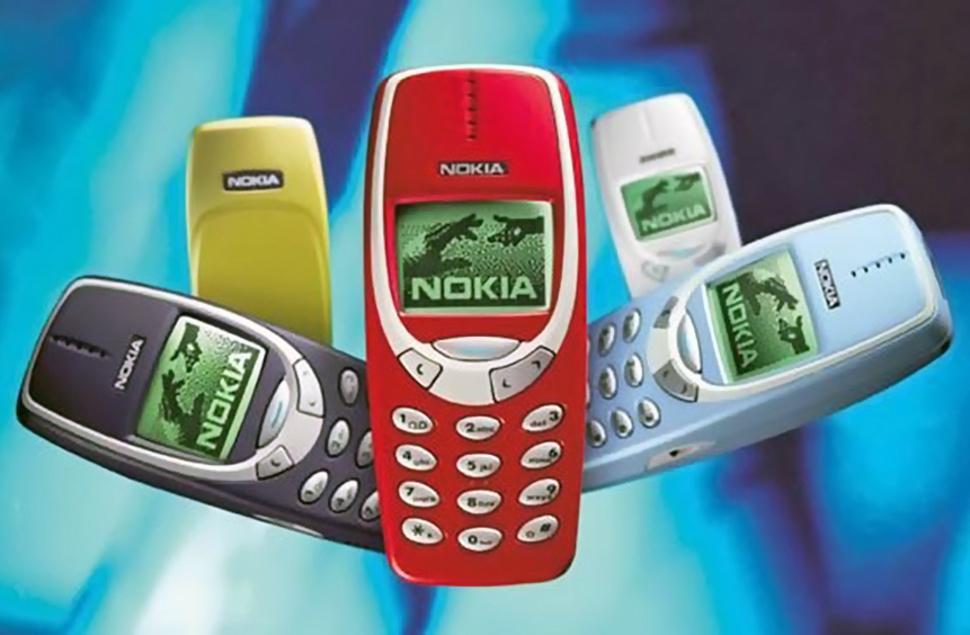Mobiles scare `not based on proper data'

CLAIMS THAT mobile phone users are two-and-a-half times more likely to develop brain tumours are based on misinterpreted research, a radiation expert claimed yesterday.
Dr John E Moulder, Professor of Radiation Oncology at the Medical College of Wisconsin in the United States, said there were risks attached to using mobile phones, but these arose from "riding a motorcycle one-handed while using them, taking calls while driving cars or riding bicycles, and crossing busy roads while talking into them, all of which I have observed here in Dublin".
Read More: Compare contract providers and find the best deal for you with our Mobile Phone Deals page
Professor Moulder was speaking at the 11th International Congress on Radiation Research at University College Dublin. He said the recent study in Sweden by Lennart Hardell had monitored 30 different sub-types of cancer. "When he [Hardell] looked at the different sub-types he found one that was increased in the cell-telephone users. But by this time he had sub- divided his data into so many groups that there were hardly any cancers left. So that increase has no statistical significance. I believe he was down to five cases."
Professor Moulder said the overall statistics had, in fact, indicated less brain cancers among the phone users than among non-users. He said the recent scare was generated by a BBC Panorama programme, rather than the actual scientific literature it cited.
A hands-free attachment could lessen a theoretical radiation risk "but it won't stop you walking into a lamp-post," he said.
Professor Moulder did not rule out any radiation risk being found but emphasised that "on the current evidence the risk is found to be weak to non-existent. It is very easy to prove something causes cancer. It is much harder to prove that something doesn't cause cancer".
He said he was concerned about the lack of controls on the placing of masts in some countries, including Cyprus. Locating them on supposedly unused roofs, while not a threat to top-floor occupants, could be a hazard to workers such as plumbers who may have to work very close to the masts while servicing equipment on the roof.
Professor Moulder, author of Cell Phones and Cancer: What is the Evidence for a Connection?, admitted he did not like mobile phones. "I actually despise the things. I don't feel any need for the world to be in constant communication. I don't even have a beeper."
Join our commenting forum
Join thought-provoking conversations, follow other Independent readers and see their replies
Comments
Bookmark popover
Removed from bookmarks